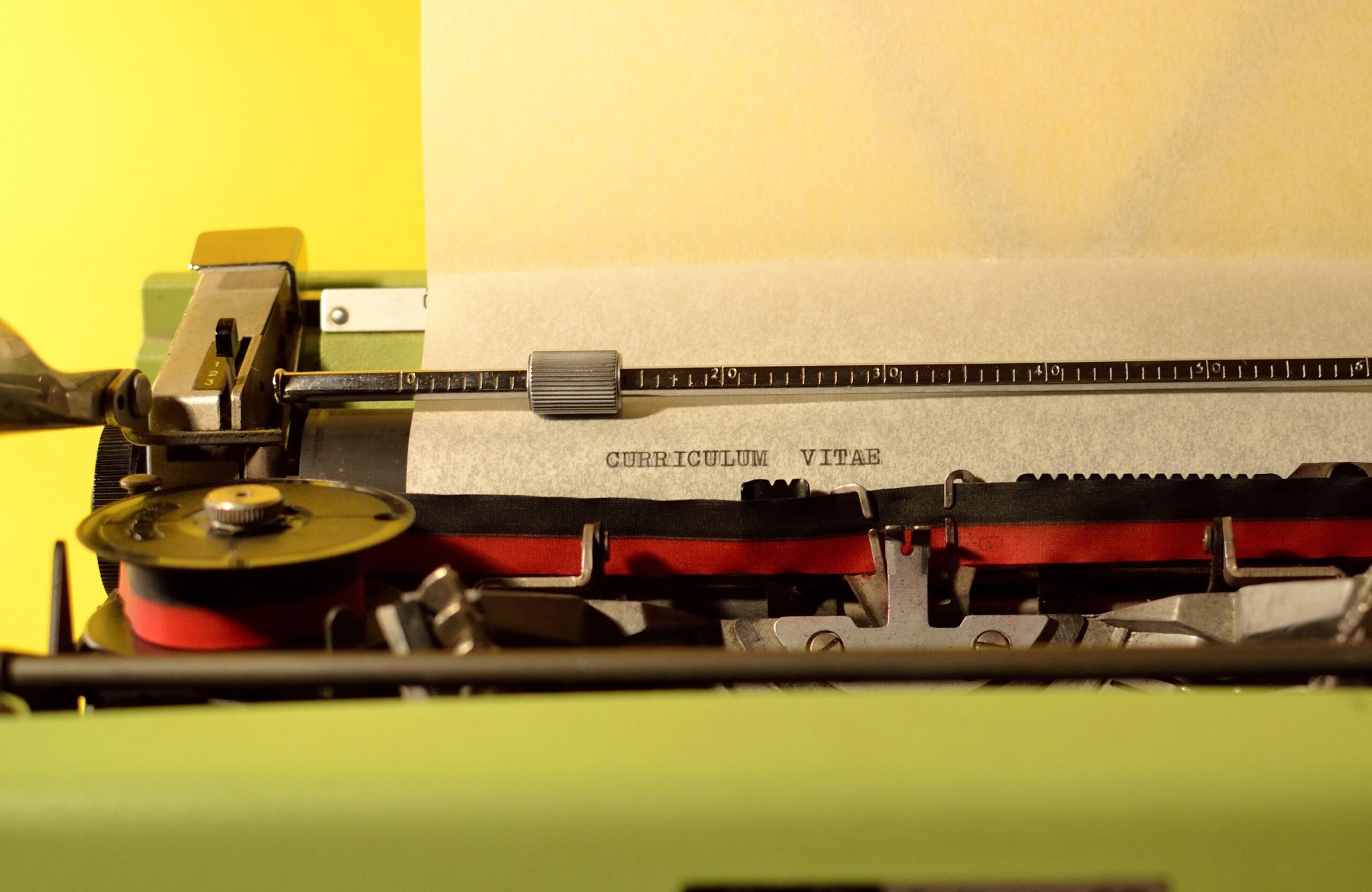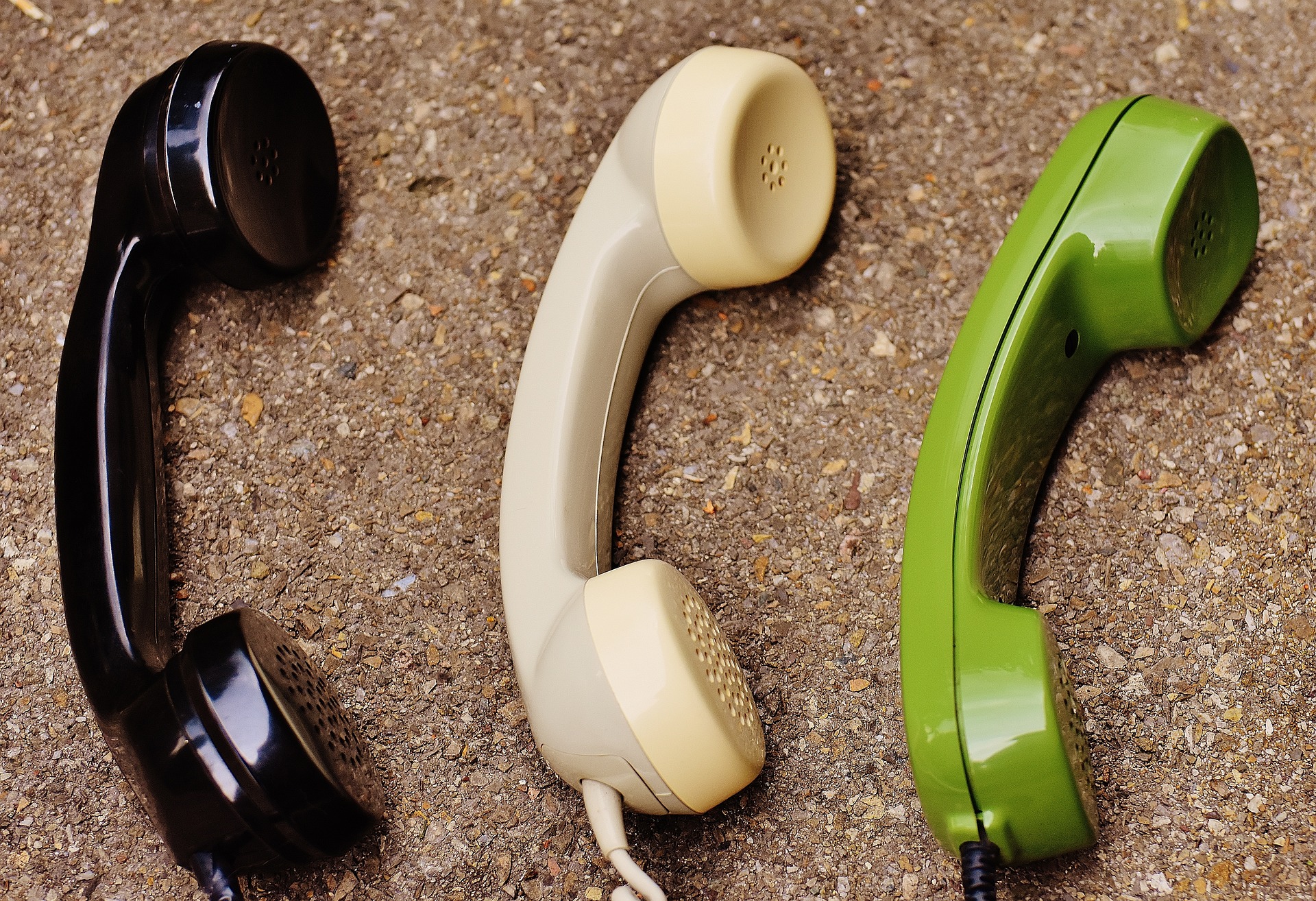Asda, Tesco, Morrisons all experimented with cameras and AI software that estimates a patron’s age, while a pop-up bar in Manchester trialled ‘biometric finger-vein technology’
Credit: Mtaylor848/CC BY-SA 4.0
Several of the UK’s leading supermarkets have taken part in government-backed trials of cameras and scanners that use an algorithm to calculate someone’s age, while a pop-up bar in Manchester experimented with verifying customers’ age using “biometric finger-vein technology”.
As part of a “regulatory sandbox” programme designed to test out possible new technological means of verifying consumers’ age when buying alcohol, the UK’s largest retailer, Tesco, trialled the use of the “age-estimation technology”, developed by digital-identity specialist firm Yoti.
Three of its major competitors – Asda, Morrisons, and Co-op – also piloted new tech during the trials, which were created and led by the Home Office and regulator the Office for Product Safety and Standards and concluded at the end of last month.
Tesco’s store in Tiverton and several Co-op locations in central Manchester each deployed the age-estimation system, in which cameras that were specially installed at self-checkouts or click-and-collect pick-up points took photos of customers buying alcohol or other age-restricted products.
The mages were then processed by a “sophisticated algorithm” which – within about two seconds – provided an estimate of the age of the person in question.
“These images are not stored or shared, and this is not facial recognition,” said the government, in a newly published document providing details of the trials.
Customers estimated as being aged over 25 were allowed to continue with their purchase while, for those that looked younger, a staff member was alerted for a manual check.
Related content
- What next for GOV.UK Verify?
- GDS launches passport-checking verification scheme for commercial services
- Government drops plan for age-verification for adult websites
Asda and Morrisons trialled another Yoti-developed technology, in which a facial scan was performed at checkouts. Scanners again used an algorithm to estimate a customer’s age, with those deemed to be under 25 subject to further checks by staff. Images of scans were “permanently deleted as soon the age-estimation process has been completed”, the government said.
The system on trial also included an app which customers of the two supermarkets could download and set up an account – a process which required a government-issued form of identification.
“The app takes approximately 10 to 15 seconds, and requires the customer to scan a QR code then take a selfie on their mobile,” according to the write-up of the trials. “Biometric authentication validates the selfie against the ID registered in the app, to approve the age check.”
Morrisons and Asda each ran the trials at stores in Leeds, and the latter also installed the tech at an outlet in Stevenage.
In addition to the Yoti products, several other tech firms provided products and services that were trialled in bars, nightclubs and shops.
Another facial-scanning system, the ICU platform developed by Oldham-based firm Innovative Technology, was piloted at several shops in Leeds owned by off-licence chain Bestway Retail.
The technology includes a “stand-alone hardware unit” featuring an LED display that, following the completion of a facial scan, flashes green if the customer is estimated to be clearly over 25, or red if not – in which case a staff member is prompted to conduct a manual ID check.
“ICU performs anonymous age estimation completely offline, so no images or data are stored, maintaining privacy,” the government said. “It uses its own algorithms to check age and takes approximately one second to perform the age-estimation process.”
Finger pointing
Perhaps the most eye-catching new tech deployed in the trials is “biometric finger vein technology”, which was piloted last month in a pop-up bar in the Hatch development in Manchester.
The technology, created by specialist firm Fingo, includes a mobile app for which users are required to register using an identity document such as a driving licence or passport.
“FinGo then matches photo of the face on the ID document and compares to a live photo of the customer to verify their identity,” the government said. “Once this step is completed the customer enrols their finger – linking their unique vein pattern – by visiting a supervised finger enrolment kiosk. Once these steps are completed, FinGo could be used to provide proof of age at the participating venue.”
Tru in Camberley piloted the use of an app developed by 1account, which allowed patrons of the Surrey nightclub to set up an account to serve as a form of age-verified identification.
“Key steps include taking a photo of a photographic identity document and taking a selfie with a ‘liveness’ element to ensure that the person applying for the digital ID is who they say they are,” the government said. “Once the application is confirmed the digital ID is created and ready to be used.”
Nottingham Trent University worked with Fujitsu to trial among its student body an app developed by the tech firm which is designed “to automatically extract secure passport data and biometric information during the registration process to determine the student’s identity and age”.
Once this process is complete, the registrant’s “age and identity are encrypted and stored as a secure credential” on their device.
Students that signed up for the app could then use it a number of bars, venues and shops around Nottingham, where they were able to scan a QR code to generate on their phone “a unique one-time certificate… confirming the individual’s age”.
Another digital identity app, called VerifiID and developed by local firm MBJ Technology, was trialled at 13 bars and clubs across Liverpool over the last six months.
The app, which was offered to local citizens as a free iOS or Android download, allows users to set up an account using a physical document, such as a driving licence or passport.
“The process takes a few minutes to complete,” the government said. “VerifiiD checks the validity of the document and once complete deletes all trace of the original document. Once the application is confirmed, the digital ID is created and ready to be used. All information and data is sent back to the customers phone and is locked there, allowing users to be in complete control of their own data, VerifiID only keep a selfie and very minimal data.”
Following the completion of the trials, the Home Office and the Office for Product Safety and Standards will now conduct an “evaluation process, with findings disseminated in due course”.
The ultimate goal is to identify “innovative approaches to age verification” that could help prevent children being able to buy alcohol.



